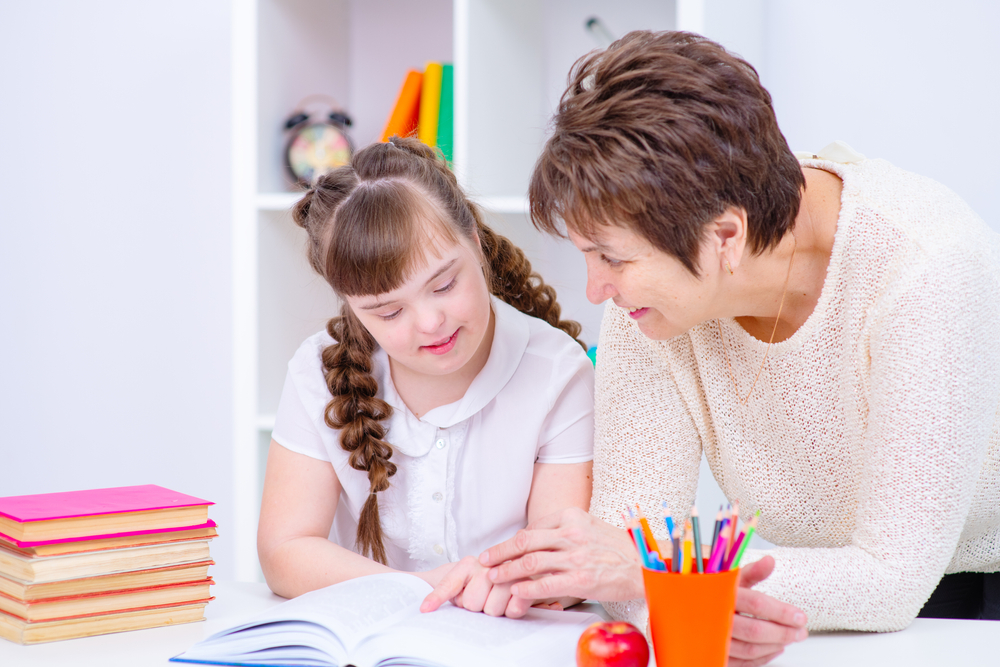SEND Learning Support Assistant
Learning Support Assistant in SEND – 4myschools have a team dedicated to SEND (Special educational needs and disability). Helen Darling and Bryony Lopez head up the team and have a wealth of experience for all things SEND. We have always worked to provide up-to-date and relevant information to the schools and staff that we work with, and we would like to pass on some top tips for those of you thinking of working as Learning Support Assistant in SEND.
1. Previous Knowledge of SEND
Now you may have thought that this would be essential however, in our experience; schools are much more focused on finding the right person for their pupils and school and will provide any necessary and relevant training. Yes, knowledge of safeguarding and behaviour management strategies are important, and if you have an understanding and training in specific SEN areas (including but not exhaustive to Makaton, PECs, Buccal, PEG, Tube feeding and manual handling) it will of course be beneficial. However, these are not essential so please do not let the absence of training put you off starting your career in SEND.
Other areas to consider surrounding this point would be to familiarise yourself with your class teacher’s preferred behaviours and classroom management techniques, as any habits that you are trying to instil will be better communicated if there is continuity. Another important tip is to gather as much information as possible on the child or young person you will be working with so to best cater for their individual needs and to find out the key learning skills and outcomes for the lessons you are assisting with.
2. Professions/Experience with transferrable skills
- Nanny/Nursery Nurse
- Scout Leaders
- Personal experience of SEN
- Social Care workers
- Childminders
- Play therapists
- Actors
- Creative arts (music/drama/art/dance)
- Club leaders (football/netball/tennis coaching)
3. Adaptability and Flexibility
It is important to be able to adapt yourself to both the day’s events and the children you will be working with. You may also have a child or young person that you are working with and then one day be asked to also support another student in the interim who has individual needs that differ from your current student. You may have days when you are required to step in and help with break duties or help in another class to cover a colleague at short notice.
4. Positive Attitude
A lot can be said for having a positive mental attitude, especially when working in a position where you are influencing others. Adopting a can-do mentality, leads by example and encourages the children and young people to take chances and challenge themselves. These are reinforced by providing a stimulating learning environment which develops confidence and learning.
5. Communication skills
Communication is key when working as a support assistant. You will need to liaise with teachers, fellow support assistants and other professionals, in addition to the children. Understanding a range of communication skills will be a huge benefit to everyone, especially when explaining the learning activities in alternative ways and when championing your student and providing feedback to colleagues. Communication skills include awareness of using appropriate language, tones of voice, and your body language as well as, use of a good range of vocabulary and written English.
6. Creativity
This is a very useful skill to have and will be a benefit to the children you work with if you are able to develop creative resources and if you can employ your creative streak to offer an alternative explanation that incorporates the child’s interests. Schools and teachers will also love utilising your artistic flare for displays.
These are the skills and personal attributes that our schools desire and we wanted to share them with you. We hope that you find these tips helpful.
If you need us, we are here and ready to support our candidates and schools please call us on 01245 353808 if we can help.

